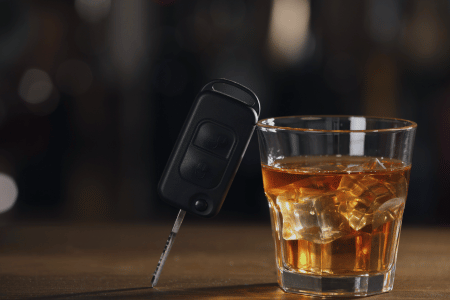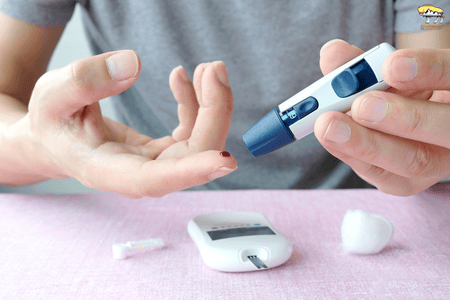Seeing flashing blue and red lights in your rearview mirror can trigger immediate panic. Your mind races with questions, and a deep fear takes over. What did you do wrong? What will the officer ask? What should I say? What are your rights? If an officer suspects you of driving under the influence, the situation becomes even more stressful. You feel powerless, and dreading what comes next can be overwhelming. At Judnich Law Firm, we understand the anxiety and worry that accompany a DUI stop. We are here to provide clear guidance to help you navigate this complicated process and protect your rights.
The first step in understanding what happens when you get pulled over for DUI is knowing that the interaction with the officer is an investigation from the beginning. An officer asks questions and requests tests to gather evidence.
The Initial Traffic Stop
A law enforcement officer cannot pull you over without a valid reason. They need reasonable suspicion that you’ve broken a law, including minor traffic violations like speeding, not using a turn signal, or driving in a way that suggests impairment, such as weaving between lanes.
Once an officer pulls you over, they will approach your vehicle and ask for your driver’s license, vehicle registration, and proof of insurance. During this interaction, they are actively observing your behavior. Officers look for signs of intoxication, including:
- The smell of alcohol or marijuana,
- Slurred speech,
- Bloodshot or watery eyes,
- Difficulty retrieving your documents, and
- Confused or delayed responses to questions.
The officer will likely ask where you are coming from and if you have had anything to drink. You are not required to answer these questions. You can politely state that you do not wish to answer any questions.
Field Sobriety Tests and Roadside Breath Tests
If the officer suspects you are impaired, they will likely ask you to exit your vehicle to perform standardized field sobriety tests (SFSTs). These are divided-attention tasks designed to be challenging for impaired individuals. In Montana, you have the right to refuse these tests. They are subjective, often conducted in poor conditions, and can be difficult to pass even when sober.
The officer may also ask you to take a preliminary alcohol screening (PAS) test, a portable breathalyzer used at the roadside. You can legally refuse a pre-arrest breath test, like the field sobriety tests. However, the prosecution can use your refusal as evidence against you in court.
Understanding Montana DUI Checks and Implied Consent
The procedures an officer follows during DUI checks are critical to the case. If, based on their observations and any tests you voluntarily take, the officer believes they have probable cause to arrest you for DUI, they will place you under arrest.
Upon arrest, an officer will transport you to a police station, hospital, or detention center for further chemical testing. Under Montana’s implied consent law, any person who operates a motor vehicle on public roads has consented to a post-arrest chemical test of their breath, blood, or urine to determine their blood alcohol concentration (BAC) or the presence of drugs.
Refusing this post-arrest test has profound and immediate consequences. Under the law, a refusal results in an automatic suspension of your driver’s license. Knowing your rights and what happens when you get pulled over for DUI can have lasting effects on your freedom and driving privileges.
Why Choose Judnich Law Firm as Your Guide
When facing a DUI charge, you need more than just a lawyer; you need a dedicated advisor who will stand by your side. At Judnich Law Firm, we challenge the outdated law firm stereotype. We are friendly, approachable, and committed to making the legal process less intimidating. We understand the financial pressure legal issues can cause, so we work efficiently to maximize your retainer, delegating tasks where possible to save you money. Our team treats every case with the promptness and urgency it deserves, so you never feel like just another number.
Take the First Step Toward Protecting Your Future
A DUI charge can feel like the end of the road, but it doesn’t have to define your future. Knowing the process and having a skilled advocate can make a significant difference. We can help you challenge the evidence, negotiate with the prosecution, and fight for the best possible outcome for your situation. Contact Judnich Law Firm today to see how we can help you through a difficult situation and to confidently move forward.








